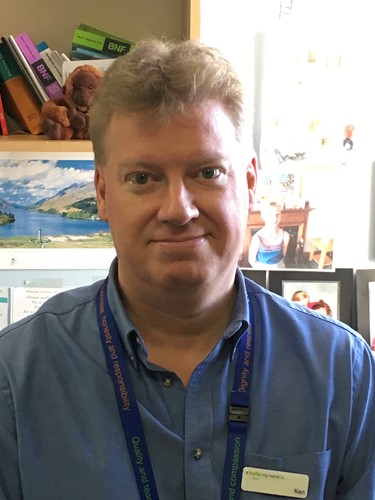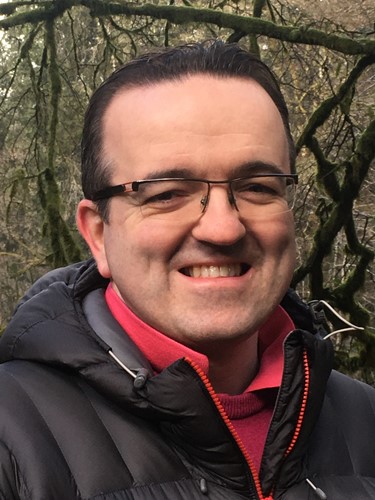SUPPORT AROUND DEATH
New Clinical Leads for NES Bereavement Workstream
02/07/18
NHS Education for Scotland has been pleased to recently welcome two new Associate Postgraduate Deans who will act as Clinical Leads for the bereavement workstream.
Dr Ken Donaldson

Ken is from Dundee and attended Medical School there before undertaking his postgraduate training in Middlesbrough, Dundee and Aberdeen. He moved to Dumfries and Galloway in 2007 as a Consultant Nephrologist but developed an interest in medical management and was recently appointed as Board Medical Director.
Ken has developed an interest in enhancing the experience of both patients and staff and promoting person centred care. He is editor of a blog and is also involved in promoting the implementation and use of Values Based Reflective Practice as a tool to enhance staff support and facilitate behavioural and cultural change. He has recently started as a Generation Q Fellow with the Health Foundation.
Dr Graham Whyte

Graham is a Medical Director and Consultant in Palliative Medicine at Marie Curie Hospice in Glasgow. He started his medical career in Glasgow before moving to Liverpool for his Specialist training in Palliative Medicine. Following this he was appointed Consultant in Palliative Medicine at University Hospital Aintree and Woodlands Hospice Liverpool before returning to Glasgow in 2014.
He has always had a strong interest and passion for education. He is a member of the education faculty at the Royal College of Physicians and Surgeons in Glasgow and has a particular interest in simulation training at the end of life. He also has an interest in ethics at the end of life and has completed an MA in the Ethics of Cancer and Palliative Care with a dissertation looking at truth telling at the end of life.
Throughout his career he has seen how if healthcare professionals are well prepared and equipped to have open and honest conversations around death, dying and bereavement that this can have a huge impact not only around the time of death for that patient and their family but it can also help soften the impact of the bereavement over the months and years ahead.